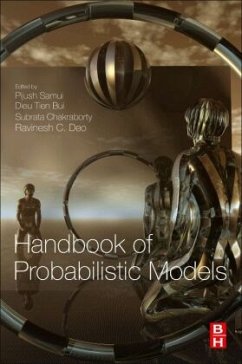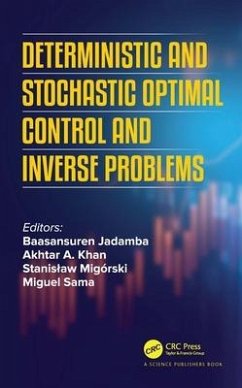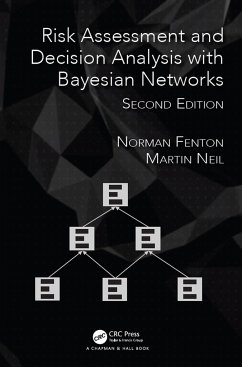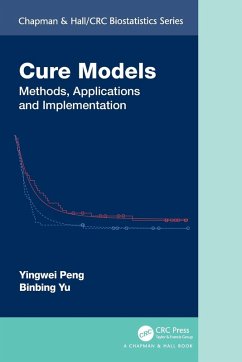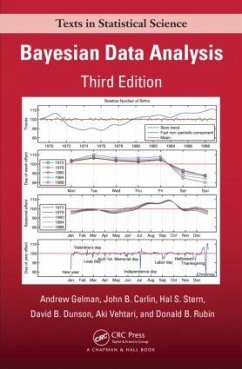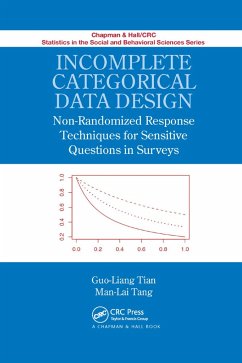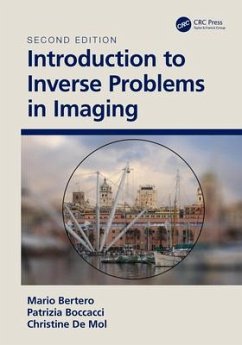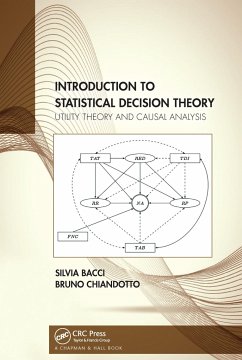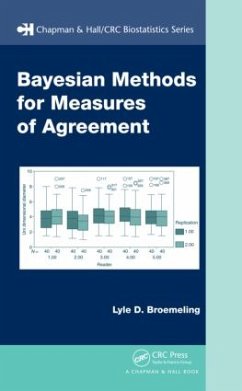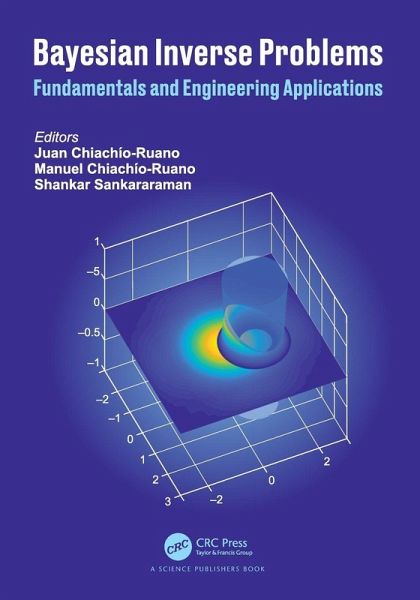
Bayesian Inverse Problems
Fundamentals and Engineering Applications
Herausgeber: Chiachio-Ruano, Juan; Sankararaman, Shankar; Chiachio-Ruano, Manuel

PAYBACK Punkte
54 °P sammeln!
This book is devoted to a special class of engineering problems called Bayesian inverse problems. These problems comprise not only the probabilistic Bayesian formulation of engineering problems, but also the associated stochastic simulation methods needed to solve them.





